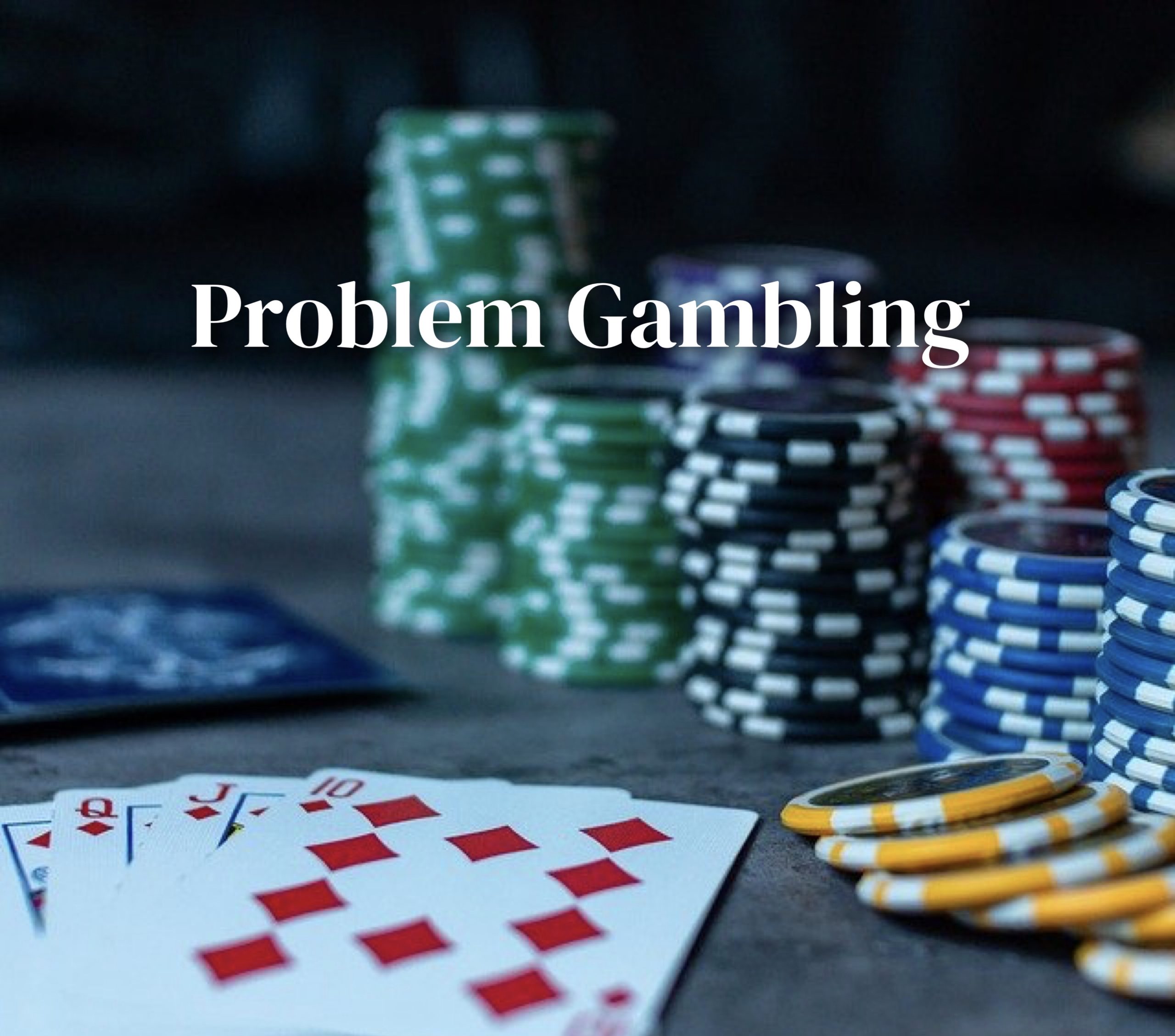If you’re an occasional gambler, it’s easy to spot when you’ve hit your limits and should take a break. However, for those who regularly engage in online betting, it can be significantly more challenging to identify when a problem has developed and when it may be time to take a step back. If you find you’re logging into gambling sites more often than you initially intended, losing excessive amounts of money, or experiencing other negative consequences, you may have developed a gambling problem. Here’s what to look for to identify an issue early and prevent it from getting worse:
Warning Signs
- Spending more money than you can afford
- Thinking about betting or gambling frequently
- Difficulty controlling how much time and money you spend on gambling
- Resistance to taking a break or stop gambling altogether
- Lying to friends and family about your gambling habits
- Using gambling as a way to cope with stress, loneliness, or depression
Why You Should Address the Problem Early
Ignoring a gambling issue can have numerous negative consequences, not just financially, but also in terms of your mental health, personal relationships, and career. Here are some reasons why it’s essential to address the problem early:
- Financial burden – Gambling excessively can lead to significant financial problems and the accumulation of debt, which can be difficult to recover from.
- Mental Health – Those with a gambling addiction often struggle with anxiety, depression, and other mental health issues.
- Personal Relationships – Gambling often causes a rift in personal relationships, leading to conflict, mistrust, and ultimately, the loss of friendships and family ties.
- Career – It can be tough to maintain a job and focus on work when struggling with a gambling addiction.
How to Address a Gambling Problem
If you have identified a gambling issue that is affecting gg.bet bonus your life negatively, it’s essential to take steps to address it and prevent it from getting worse. Here are some solutions that can help:
1. Self-Exclusion
Most gambling sites offer self-exclusion options. This feature enables you to block access to your account for a certain period, so you can take a break. During this time, you won’t be able to access features or place bets, giving you time to reflect and take control of your habits.

2. Seek Professional Help
For many people, self-exclusion won’t be enough to address their online gambling problems. Seeking help from a psychologist or psychiatrist can help treat the underlying issues that led to the addiction and enhance your chances of a successful recovery.
3. Establish Limitations
You can also make a personal commitment to limit your online gambling habits by setting specific time and money goals. By doing so, you’ll be more likely to stick to your plan and recognize when you’re near your limits.
4. Talk to a Trusted Individual
Talking to a trustworthy and dependable friend or family member about your online gambling problems can help you feel less isolated and support you through your recovery process.

5. Participate in Support Groups
Joining a gambling support group is another way to address a gambling addiction. You will learn strategies to manage your gambling habits and find encouragement and support from others dealing with similar issues.
Conclusion
Online gambling problems can develop quickly and escalate rapidly, leading to harmful effects on mental health, workplace relationships, and personal accounts. That said, recognizing the warning signs and seeking help is the first step to addressing the issue and preventing it from getting worse. Implementing self-exclusion, seeking professional help, establishing limitations, talking to a trusted individual, and participating in support groups are all effective strategies to address online gambling addiction, leading to an overall healthier lifestyle.
Leave a Reply